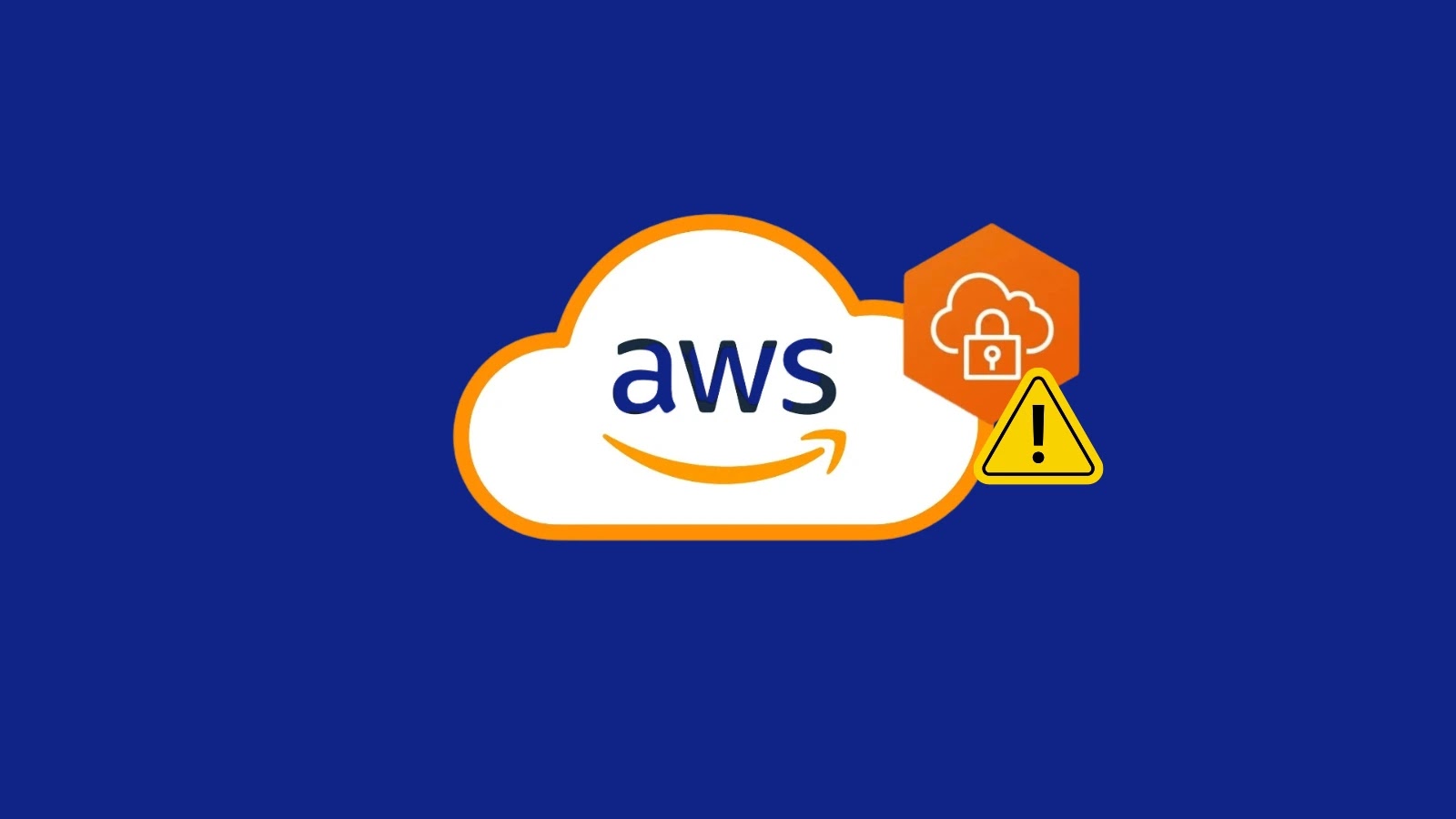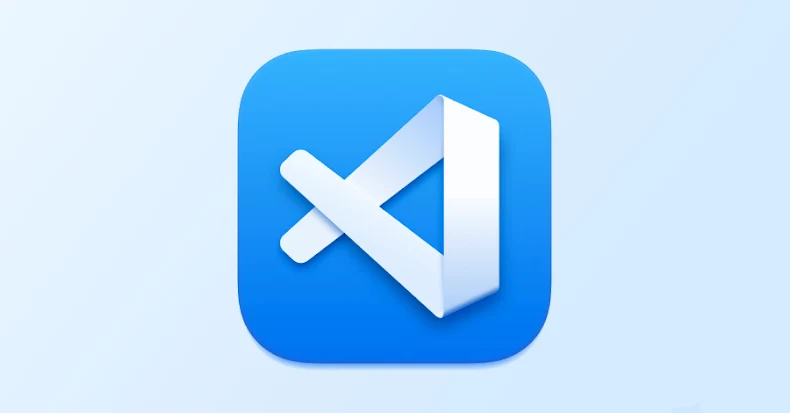A significant security flaw has been identified in the AWS Client VPN for macOS, posing a local privilege escalation risk. This vulnerability, designated as CVE-2025-11462, enables non-administrator users to attain root-level access by exploiting the application’s log rotation process.
Overview of AWS Client VPN
AWS Client VPN is a managed service that facilitates secure connections to AWS and on-premises resources. It supports multiple operating systems, including Windows, macOS, and Linux, allowing users to establish encrypted tunnels to their networks.
Details of the Vulnerability
In versions 1.3.2 through 5.2.0 of the AWS Client VPN for macOS, there is inadequate validation of the log destination directory during automatic log rotation. This oversight permits a local, non-administrator user to create a symbolic link (symlink) from the application’s log file to a privileged system location, such as `/etc/crontab`.
By initiating an internal API call that writes specific entries to the log, an attacker can inject arbitrary content into the symlinked file. When the log rotates, the malicious content—crafted to function as a valid cron job—executes with root privileges during the next scheduled cron interval.
Proof-of-Concept Exploitation
To demonstrate the exploitation process, consider the following steps:
1. Creating a Symlink:
The attacker establishes a symlink from the AWS Client VPN log file to the system’s crontab:
“`bash
ln -s /path/to/aws/vpn/client/log /etc/crontab
“`
2. Injecting Malicious Content:
The attacker triggers an internal API call to write a custom cron entry into the log:
“`bash
echo “/5 root /path/to/malicious/script.sh” > /path/to/aws/vpn/client/log
“`
This entry schedules the execution of a malicious script every five minutes with root privileges.
3. Execution with Elevated Privileges:
Upon log rotation, the cron job is activated, granting the attacker root-level access.
It’s important to note that this vulnerability is specific to the macOS client; Windows and Linux versions are not affected.
Risk Assessment
The vulnerability has been assigned a CVSS 3.1 score of 7.8, categorizing it as high severity. The primary risk involves local users escalating their privileges to root, potentially leading to full system compromise. This could result in unauthorized access to sensitive data, installation of persistent malware, or disruption of services.
Mitigation Measures
AWS has addressed this vulnerability in AWS Client VPN for macOS version 5.2.1. Users operating versions between 1.3.2 and 5.2.0 are strongly advised to upgrade to version 5.2.1 or later to mitigate this security risk.
Upgrade Instructions:
1. Download the Latest Version:
Visit the [AWS Client VPN download page](https://aws.amazon.com/vpn/client-vpn-download/) to obtain the latest client version.
2. Install the Update:
Follow the installation instructions provided to update your existing client.
3. Verify the Installation:
After installation, confirm that the client version is 5.2.1 or later by checking the application’s “About” section.
Additional Recommendations
– Audit Log Directories:
Regularly inspect log directories for unauthorized symlinks or unusual files that could indicate exploitation attempts.
– Restrict User Permissions:
Limit the ability of non-administrator users to create symlinks or modify system files.
– Monitor System Logs:
Implement monitoring solutions to detect anomalous activities related to log files and cron jobs.
Conclusion
The discovery of CVE-2025-11462 underscores the importance of maintaining up-to-date software and implementing robust security practices. Organizations utilizing AWS Client VPN on macOS should prioritize the recommended updates and review their security protocols to prevent potential exploitation.



